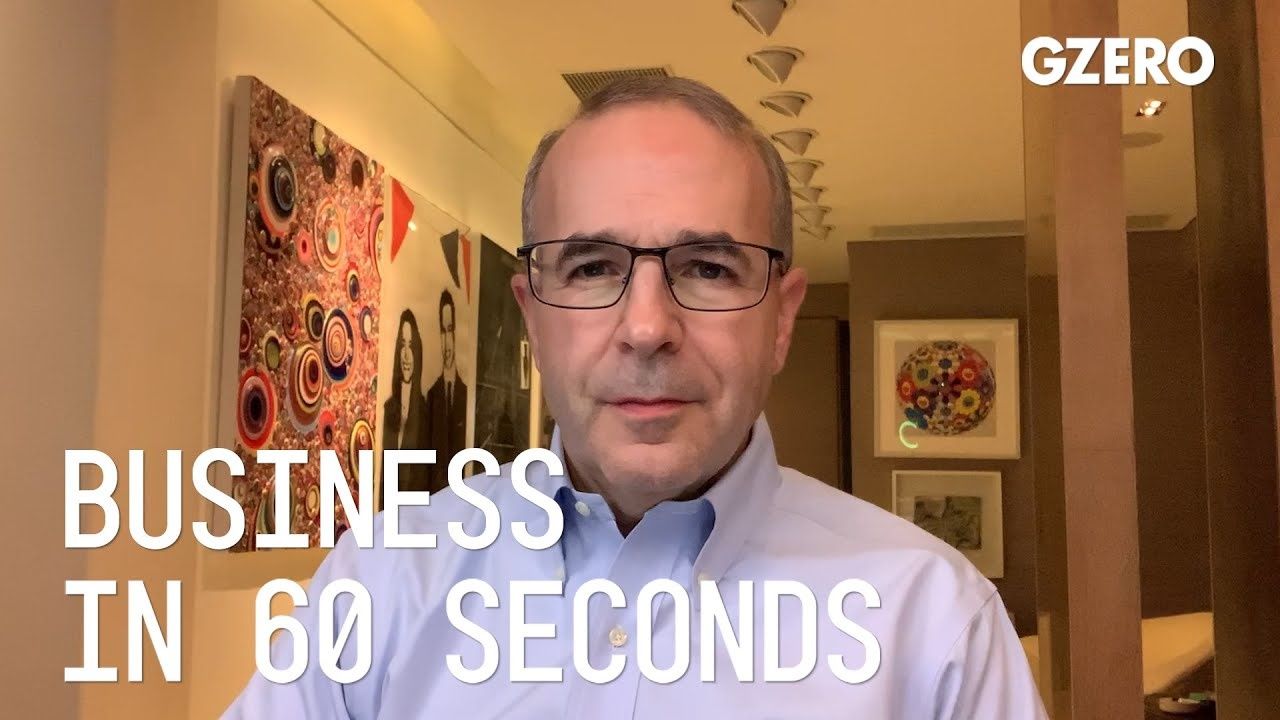
As workplaces reopen, how should leaders manage the return to work?
Well, let me start by saying that first, return is not a date, it's a muscle. We've seen cities with the tightest of rules and disciplines experience a second or third wave of the coronavirus. Indeed, Melbourne and Hong Kong bring this life today, for all of us. Therefore, it's not a question of announcing a date for return and saying everything is done. Instead, it's about a process, one that will have a series of ups and downs. In fact, two steps forward, one step or more back, maybe the story of our times. We need to be able to live with disruption as usual and respond with a tailored, relevant set of actions.
As one CEO said to me, "it's really a combination of fast twitch and slow twitch." Fast twitch characteristics include the willingness to change plans and adjust based on refreshed data and insights. Slow twitch features include managing fundamental shifts that must impact the long term thinking of any business. And indeed, this will be the true test of leadership. After all, for many, this has been the real leadership moment for business leaders everywhere.